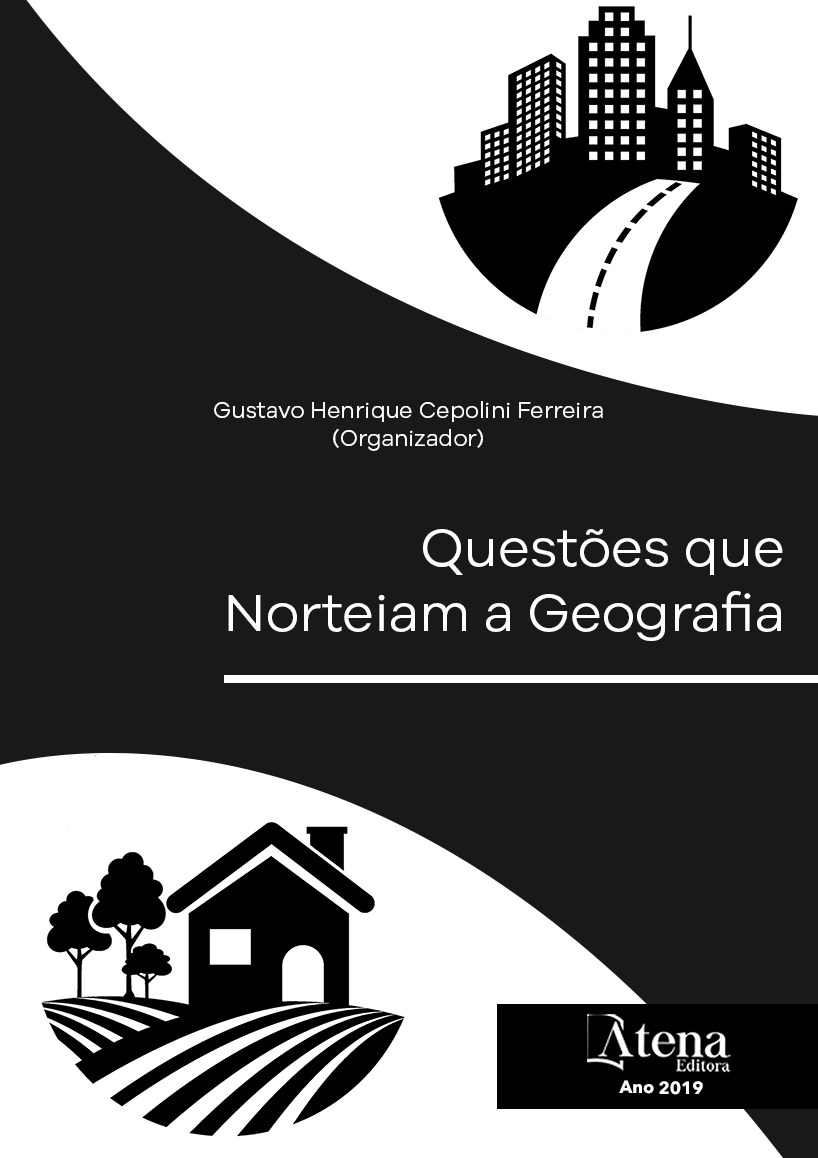
INVISIBILIDADE E RESISTÊNCIA DAS COMUNIDADES QUILOMBOLAS EM CORUMBÁ- MS: ESTUDO DE CASO NA SUB-REGIÃO PARAGUAI DO PANTANAL
O presente trabalho surge na
expectativa de analisar a invisibilidade e
resistência das Comunidades Quilombolas na
Sub-Região Paraguai do Pantanal. Através
dessa análise buscaremos compreender
o processo de produção espacial das
comunidades quilombola remanescentes,
como são estabelecidas as relações de poder
e produção territorial juntamente com relação
sociedade e natureza nas CRQ’s, bem como a
produção de alternativas econômicas, nesses
territórios. Para que possamos ter a compreensão
da realidade vivenciada pelas CRQ’s optamos
em fazer as seguintes intervenções, revisão
bibliográfica, levantamento de dados junto à
(FCP) Fundação Cultural Palmares, INCRA
(Instituto Nacional de Colonização e Reforma
Agrária), IMNEGRA (Instituto da Mulher Negra
do Pantanal), além da realização de entrevistas
nas comunidades quilombolas do Pantanal,
cuja finalidade será analisar a resistência e
reconhecimento dos direitos quilombolas. A
pesquisa esta na fase inicial, nesse contexto
pretendemos compreender a resistência das
CRQ’s suas relações com agronegócio no
Mato Grosso do Sul, que ao contrário das
comunidades quilombolas existentes em outras
regiões brasileiras, as CRQ’s foram inseridas
na invisibilidade frente à realidade do modo de
produção capitalista. O desafio aqui proposto
não será apenas analisar a resistência e
invisibilidade das comunidades quilombolas
no Pantanal, mas compreender a origem
histórica dessas comunidades, compreender
os significados políticos, econômicos, sociais
e culturais da invisibilidade das comunidades
quilombolas no Mato Grosso do Sul, sobretudo
suas formas e “sinais” de resistência, tendo como
cenário central a produção de alternativas de
sobrevivência pelos agentes sociais envolvidos,
caracterizando a produção da natureza como
alternativa ao modelo do capital hegemônico.
INVISIBILIDADE E RESISTÊNCIA DAS COMUNIDADES QUILOMBOLAS EM CORUMBÁ- MS: ESTUDO DE CASO NA SUB-REGIÃO PARAGUAI DO PANTANAL
-
DOI: 10.22533/at.ed.5391927095
-
Palavras-chave: Resistências – Quilombolas – Remanescentes- Comunidades
-
Keywords: Resistence – Quilombola – Remaining – Communities
-
Abstract:
The present work is expected
to analyze the invisibility and resistance
of Quilombola Communities ( which shall
hereinafter be referred to as the “QRC’s”) in the
Paraguay Sub-Region of the Pantanal. Through
this analysis we will seek to understand the
process of spatial production of the remaining
quilombola communities, established the relations of power and how the territorial
production has a relation to society and nature in the QRC’s, in addiction the production
of economic alternatives in these territories. In order to be able to understand the reality
of the QRCs, we decided to make the following interventions: bibliographical review,
data collection with the following organisation: FCP (Fundação Cultural Palmares),
INCRA (Instituto Nacional de Colonização e Reforma Agrária ), IMNEGRA (Instituto
da Mulher Negra do Pantanal), as well as interviews in the quilombola communities
of the Pantanal, whose purpose will be to analyze the resistance and recognition of
quilombola rights. This research is in the initial phase, in this context, we intend to
understand the resistance of QRC’s relations with agribusiness in Mato Grosso do
Sul. Unlike the quilombola communities existing in other Brazilian regions, the QRCs
were inserted in the invisibility before the reality of the capitalist way of production. The
challenge here proposed will not only be to analyze the resistance and invisibility of
the quilombola communities in the Pantanal, but understanding the historical origin of
these communities, as well as its political, economic, social and cultural meanings of
the invisibility , especially their forms and “signs” of resistance which have the central
scenario the production of alternatives for survival by the social agents involved,
characterizing,in this way, the production of nature as an alternative to the model of
hegemonic capital.
-
Número de páginas: 15
- João Batista Alves de Souza
- JOÃO BATISTA ALVES DE SOUZA


